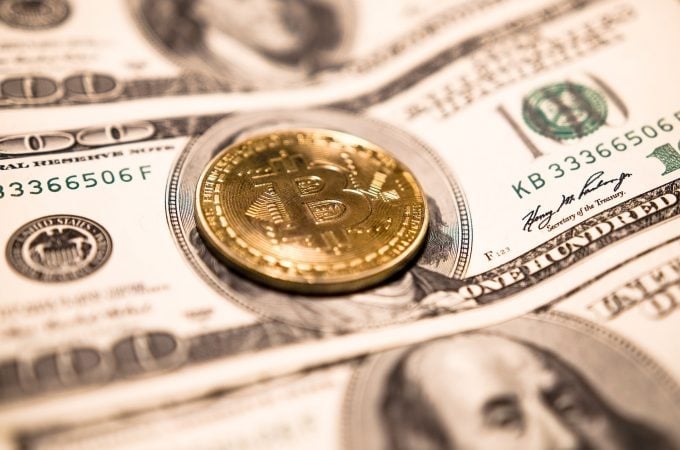The Financial Services Agency of Japan (FSA) is considering amending its regulations to allow banks to directly hold and manage cryptocurrencies such as Bitcoin. Until now, Japanese financial institutions were strictly prohibited from owning digital assets, primarily due to their volatility and the lack of an appropriate legal framework.
This reform would aim to align the treatment of cryptocurrencies with that of traditional financial products such as stocks or bonds.
Measures considered
Several avenues are being explored to regulate this development:
- Authorise banks to purchase and hold cryptocurrencies for investment or asset management purposes.
- Create a licensing system allowing banking groups to become cryptocurrency exchange operators, thus giving them the opportunity to offer trading or custody services.
- Impose enhanced risk management standards, including minimum capital requirements and oversight mechanisms tailored to digital assets.
Reasons for this change
This initiative is attributable to several factors:
- The Japanese cryptocurrency market is growing rapidly, with several million active users.
- The current regulatory framework, based on the Payment Services Act, is considered insufficient to effectively regulate new practices related to digital assets.
- The government aims to strengthen investor protection while stimulating financial innovation and the competitiveness of the banking sector.
Consequences for market players
For banks, this reform represents a major opportunity to expand their range of services. They could integrate cryptocurrencies into their portfolios, diversify their investment products, and offer their clients secure custody solutions.
For investors, the entry of traditional banks into the crypto world would be a guarantee of confidence and stability. It could also increase market liquidity and attract more institutional investors. Nevertheless, the volatility of cryptocurrencies and regulatory uncertainty will remain areas of concern.
Future challenges
Before any implementation, several aspects will need to be clarified:
- The timeline and implementation procedures for the reform.
- The compliance criteria required of banks.
- The mechanisms for monitoring and preventing risks related to fraud or market manipulation.
Conclusion
Japan is preparing to take a decisive step in integrating cryptocurrencies into its banking system. By paving the way for regulated institutional adoption, the country confirms its position as a pioneer in the regulation of digital assets. If this reform is successful, it could serve as a model for other economies seeking to reconcile innovation and financial stability.









